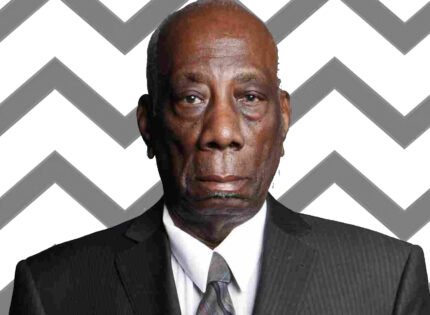Owning Residential Rental Properties
Many people view owning rental properties as a great way to earn a decent income with relatively little work involved. However, being the owner of residential rental properties comes with an array of responsibilities. Between responding to requests for repairs made by dissatisfied tenants, arbitrating grievances between disputing residents and chasing down rent from recalcitrant tenants, earning income from a rental property is sometimes anything but passive. Let’s take a look at just a few of the many implications of being a residential landlord.
Condition of the dwelling
Your first responsibility as a landlord is to deliver the dwelling in a good state of repair, habitable condition and sanitary state to the tenant on the date agreed upon in the lease.
Additionally, during the term of the lease, you are required to make all necessary repairs to the dwelling unless the tenant has agreed to assume certain repairs.
Warranty regarding use
The landlord must also warrant that the premises may be used for the purpose for which it has been rented. In other words, the landlord must guarantee that the dwelling is for residential purposes.
In certain neighbourhoods around the city, landlords, knowingly or inadvertently, rent out beautiful industrial-style loft spaces to tenants who intend to use the space for both work and residential purposes. For example, a photographer may wish to rent a loft as a photography studio and as his residence. However, if the space is not zoned for both commercial and residential purposes, the borough (municipality) may commence eviction proceedings against the tenants, and consequently, the landlord may end up with legal trouble on his hands.
Rental payments
Quite possibly, the leading source of contention between landlords and their tenants is conflict over the payment of rent.
Any person who has owned a rental property for some period of time has had to chase down delinquent tenants who disappear at rent time. But the law does not afford many self-help remedies for landlords. If your tenants won’t pay the rent, your best bet is usually to head to the Regie du logement instead of taking matters into your own hands. The law forbids landlords from demanding rent in advance or deposits (except for the first month’s rent). Landlords are also forbidden from demanding post-dated cheques or key deposits. Also, landlords may not increase the rent during the term of the lease. If the landlord and tenant cannot agree upon the new rental rate to be paid upon the renewal of the lease, the Regie du logement may be asked to intervene and assist in setting the rental increase.
For further information, you may contact Kelly Francis at (514) 802-7736 or at info@kellyfrancisavocate.com.
Disclaimer: This article merely gives readers an overview of the issues discussed therein and is not legal advice. Please do not take action based on this article alone without first seeking the legal counsel appropriate for your specific situation!











